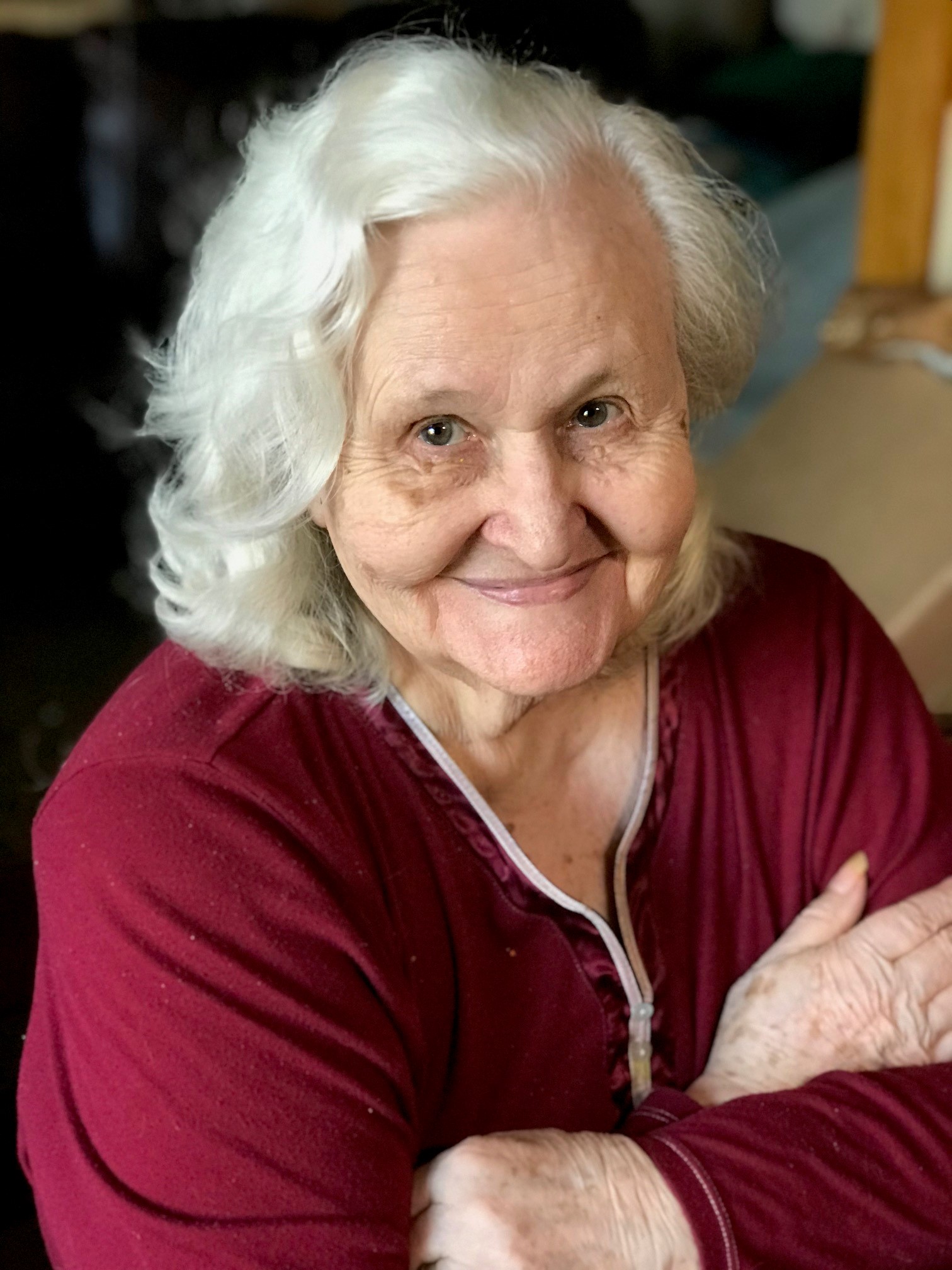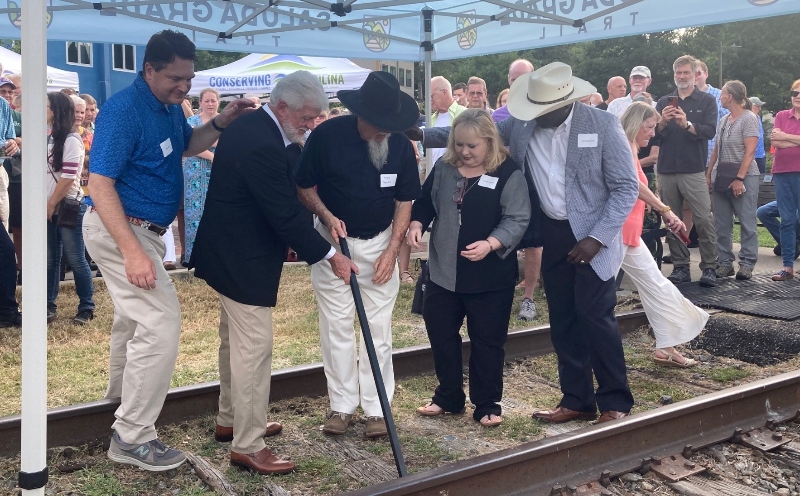Senior moments…called forgetfulness when not a senior
Published 12:11 pm Friday, January 7, 2022
|
Getting your Trinity Audio player ready...
|
OLD WAYS of the Dark Corner
While most folks are thinking about something the Babylonians began in 2000 B.C.—the making of New Year resolutions during their 12-day festival called Akitu, which started with the vernal equinox—I’m feeling more inclined to think about senior moments.
Having reached the ripe old age of eighty-seven, I’m being forced to refer to them as such, no longer allowed to call them simple forgetfulness.
Trending
They’re not senior maladies. They are normal slips in memory processing that can occur at virtually any adult age.
The brain actually changes as we add years to our longevity. Memory processing slows down—we forget why we came into a room, where we put our keys, or can’t quickly recall a friend’s name—and some areas of the brain change physical shape and size.
A number of things can affect these lapses (they are not the beginning of dementia or Alzheimer’s disease): stress, or a state of depression; fatigue; a combination of prescribed medications, or certain medical conditions, among others.
While forgetfulness can be downright frustrating, there have been some natural ways our Dark Corner folks have given a boost to memories.
A good night’s sleep, or, if that is disturbed, adding a nap around the noon hour, helps you stay mentally alert as you age, allowing you to keep a refreshed memory.
One part of the brain helps you recall newly learned material and experiences by replaying memories in the area that captured them. You can relive the day’s events while you sleep, making them more permanent memories.
Trending
Eat carrots and sweet potatoes (or add an exotic fruit, mangoes), which provides natural beta carotene that converts to Vitamin A and boosts brain function and brain cell survival. A 7-year study at UCLA determined that high blood levels of beta carotene may protect against mental decline in older people who carry a certain gene that makes them more susceptible to Alzheimer’s disease.
The use of natural cocoa has been popular in fighting forgetfulness. Recent research has discovered that after learning something new, a reward like chocolate helps lock in the memory. Dark chocolate, particularly, contains natural flavonoids, caffeine and theobromine, which promotes alertness and guards against mental decline.
There are five natural herbs that can help to keep your memory sharp: an aromatic peppermint tea does wonders; sage oil, taken or inhaled, boosts your mood and memory; ground cinnamon helps to have better recall by boosting levels of brain chemicals; even the fragrance of rosemary helps to recall past events; and cloves help to battle memory loss, whether breathed or added to tea, soups or stews.
Vitamin B12 can do wonders for your brain, as well. Sharpen your memory with animal products like meat, fish, eggs, poultry, dairy or fortified cereal grains. Be careful as you get older, however, because your stomach does not continue to produce enough acid to absorb the B12.
Be very careful also to not cut your brain’s function short by consuming too many trans fatty acids that are prevalent in today’s processed foods to keep them lasting longer on the grocery and home larder shelves.
One of the very best ways to fight against senior moments is not allowing yourself to become a slow thinker. As you age, your ability to process information becomes as slow as molasses. Fight against this from the first time you notice yourself doing it.
There are a number of things that help tremendously in meeting your brain’s need for speed to improve your memory. Here are a few:
Play board games; work a daily crossword puzzle (not the weekly New York Times!); participate in, or keep interested in the outcome of, sports events; play video games; or even listen to classical music (surprisingly effective).
Having had a very lengthy two years of health problems, I have had to fight twice as hard to keep pace on this last need. When a cousin learned that during occupational therapy rehab last year, at age eighty-six, I aced 39 of the 40 parts of my final test, he remarked: “Cousin Dean’s body is going the way of all flesh, it seems, but where are we going to find ten strong men to beat his brain to death, when the time comes?”
####





